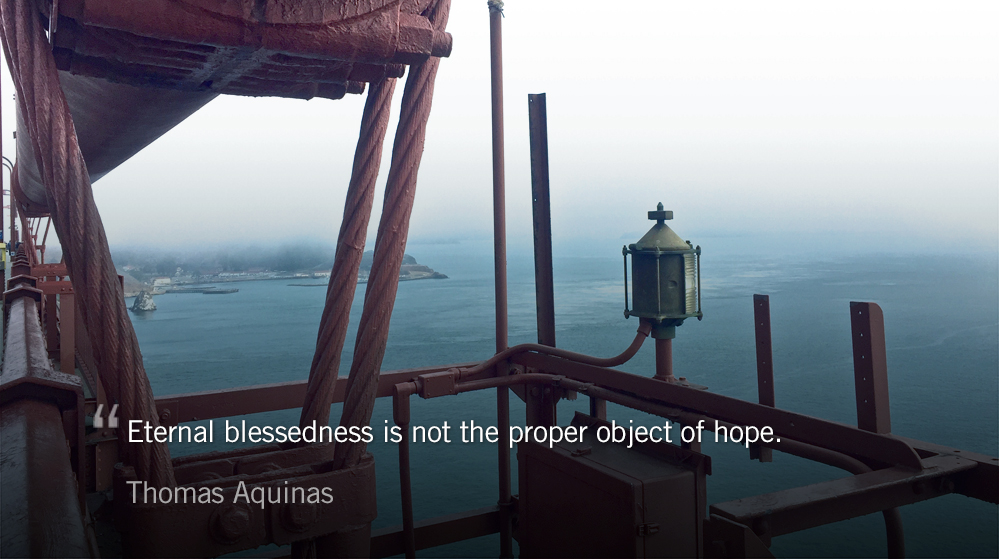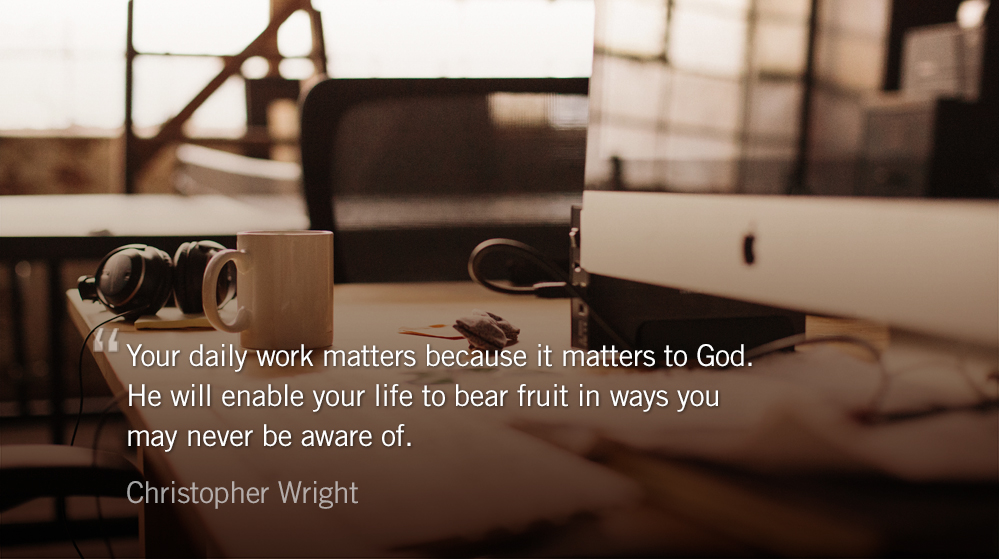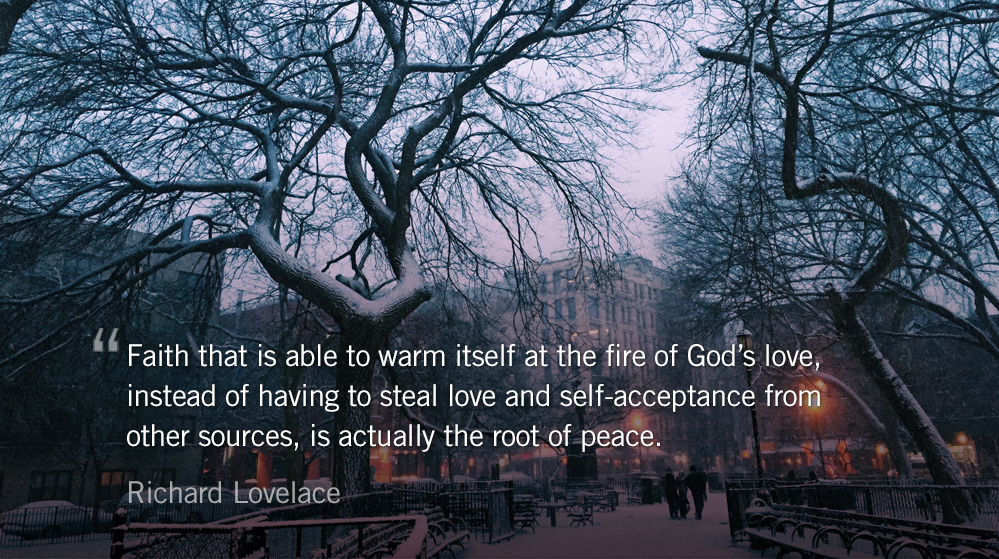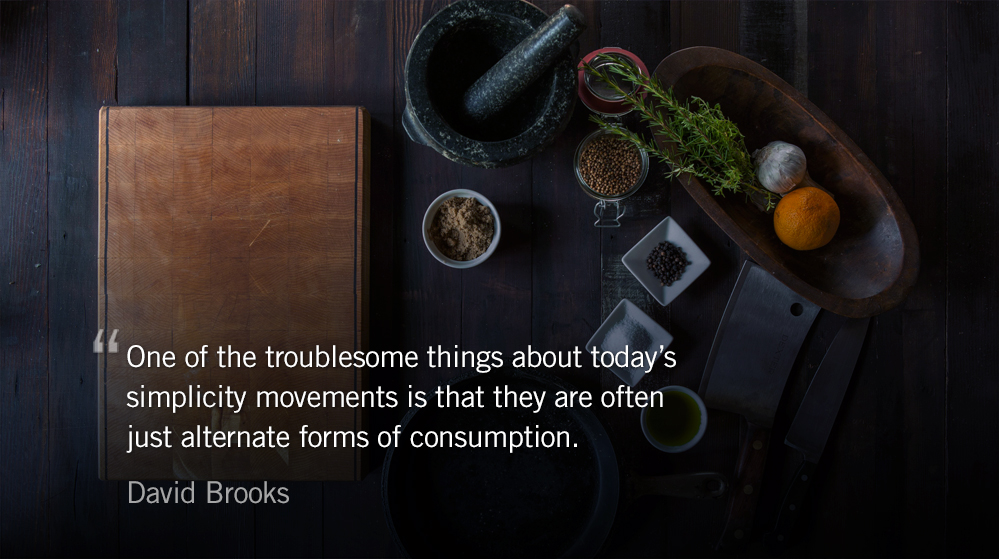Consequently, he is able to save to the uttermost those who draw near to God through him, since he always lives to make intercession for them. — Hebrews 7.25
By Thomas Jacombe
We are more apprehensive of the love of the Son, than we are of the love of the Father. I would not speak any thing to diminish the love of the Son; God forbid! It was wonderful, superlative love! Only I would heighten your apprehensions of the Father’s love in the great work of our redemption.
Admire the love of the Father.
Redemption was not only brought about only by Christ, the Father had a great hand in it. Therefore it is said, “The pleasure of the Lord shall prosper in his hand:” and, “I have found a ransom.” “God so loved the world, that he gave his only-begotten Son, that whosoever believes in him should not perish, but have everlasting life.”
God set his thoughts on work for wretched man, struck up a covenant with his Son, and therein laid the foundation for man’s recovery. Let angels and men and all creatures adore God’s love. That you would return love for love — return your drop for God’s ocean! We must “honor the Son, even as we honor the Father;” and we must love the Father, as we love the Son.
And then admire the love of the Son too.
He is willing to engage in this covenant. He knew the terms of it; what the redemption of man would cost him — even his life and precious blood: yet, for all this, he willingly and freely binds himself to redeem poor sinners, whatever it cost him.
Oh, the heights, depths, breadths of this love! Blessed Jesus, that you should “lay down your life for” me, to wash away my sins in your own blood, to give your “soul as an offering for sin,” upon this encouragement and motive,—that you might see such a poor worm as I brought in to God; that you should set yourself as a screen between God’s wrath and my poor soul, and do and suffer ten thousand times more than what tongue can express or heart conceive.
What shall I, what can I, say to all this? I may only fall down, and wonder at that love which can never be fathomed!
*Excerpted and languages updated from Thomas Jacombe’s sermon, “The Covenant of Redemption Opened.”
Today’s Reading
2 Kings 25 (Listen – 5:24)
Hebrews 7 (Listen – 4:01)











